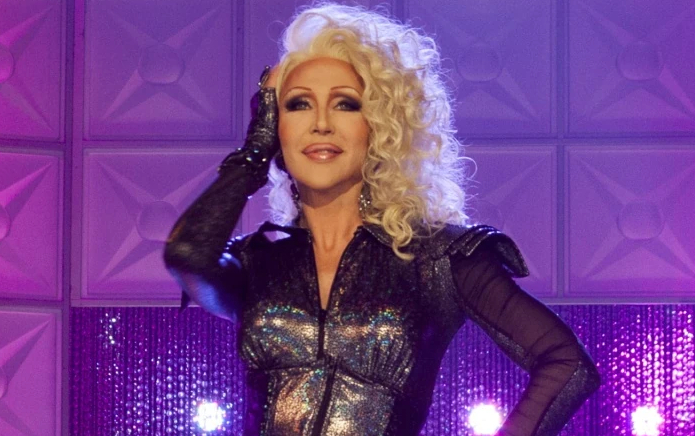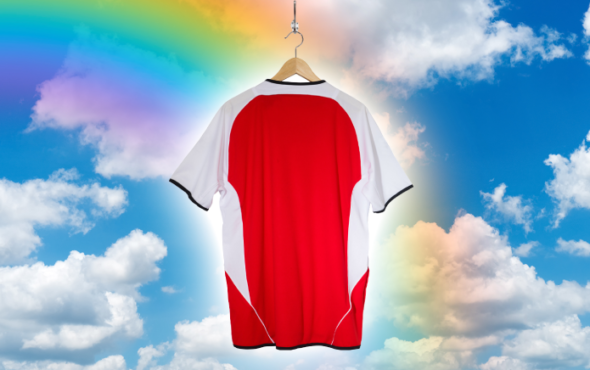
Rishi Sunak has been declared the UK’s third Prime Minister in less than two months, making history as the first person of South Asian descent or of colour to take on the role. His win also will also mark the first time that the occupants of 10 Downing Street are richer than the monarch in Buckingham Palace, with he and his wife, Akshata Murty, having a combined fortune of about £730 million – around double the estimated wealth of King Charles III and Camilla, Queen Consort. Since being elected as the MP for Richmond (Yorks) seven years ago, Sunak has become one of the most notable members of the Conservative Party. Many will know him as the mastermind behind the COVID-19 furlough scheme, with others remembering him for his tax scandal in early 2022.
Sunak’s triumph is the result of the Conservative Party’s second leadership contest of the year, the first of which saw Liz Truss emerge victorious before she resigned after just 44 days in office – making her the shortest-serving Prime Minister in British history. Unlike his predecessor, who had a lengthy track record on LGBTQ+ rights and equality, Sunak’s exact position on certain issues remains unclear. His time as Chancellor did not see him directly involved with advancing or rolling back rights and potential policies were barely discussed during the most recent battle to become leader. His voting record, past comments and interviews do, however, provide some indication of where he stands on certain issues affecting the community and what he could prioritise during his premiership.
Ending HIV transmission by 2030
Sunak said he is “proud” of the government’s current HIV action plan, which set out the goal of achieving “zero new HIV infections, AIDS and HIV related deaths in England by 2030”. In a statement to the LGBT+ Conservatives group in July, he emphasised the importance of making this a reality as one of the “many areas we need to address to improve the lives of LGBT+ people.”
Today is #WorldAIDSDay, read more here: https://t.co/ZGkDUu6jJa
As we remember those we have lost, we also remind ourselves of the need for further action.
I'm proud of our policy to end new HIV transmissions by 2030, a commitment reaffirmed today at the HIV Commission launch pic.twitter.com/0BcAGyNrBW
— Rishi Sunak (@RishiSunak) December 1, 2020
Tackling anti-LGBTQ+ hate crimes
The number of hate crimes recorded in England and Wales reached a new high this year, according to official statistics from the Home Office. Offences targeting transgender people rose by 56% from 2020/21, while hate crimes targeted at sexual orientation were up 41%. During the summer leadership contest, Sunak highlighted the need to address this issue to foster “a more tolerant, accepting society”.
In a statement to the LGBT+ Conservatives, he added: “I’m proud of the fact it was the Conservative Party that led the way and delivered marriage equality for LGBT+ people. I want to carry that torch forward and address the issues you face in day-to-day life. Because I don’t want anybody in Britain to have to hide who they are or who they love out of fear. I want this to be the safest and greatest country in the world to be LGBT+.”
Banning so-called ‘conversion therapy’
Whether or not the new Prime Minister will seek to deliver a full and comprehensive ban on so-called ‘conversion therapy’ is unclear. The harmful practice is typically defined as any attempt at changing or suppressing a person’s sexuality or gender identity, often involving techniques such as electroshock therapy or prayer. It has been widely condemned by health experts and bodies all over the world, including the National Health Service and the World Health Organisation, with some comparing it to torture.
Earlier this year, Boris Johnson’s government made a number of U-turns on outlawing it in the UK, resulting in a much more watered down version (which is also yet to be delivered) of what was originally promised. Sunak did not publicly speak out against this or plans to exclude trans people from the ban, despite Therese May first committing to the legislation back in 2018.
Trans rights
Over the summer, an anonymous ally of the former Chancellor told the Daily Mail that Sunak is “critical of recent trends to erase women via the use of clumsy, gender neutral language” and that, should he become Prime Minister, “will not support the language of sex being eroded in legislation or the public sector.” The piece in question also alleged that he “believes we must be able to call a mother a mother and talk about breastfeeding, alongside trans-inclusive language where needed.” The source stated that he plans to launch a “manifesto for women’s rights” which would include a commitment to banning trans women from competing on the sporting team that aligns with their gender identity, as well as calls for schools to be “more careful” about how they teach LGBTQ+ topics.
If I become Prime Minister I will protect women’s rights and ensure women and girls enjoy the same freedom most males take for granted in feeling safe from assault and abuse.
Read more below #Ready4Rishi https://t.co/3cXn1rFhca👇
https://t.co/h7mlKHV97M— Rishi Sunak (@RishiSunak) July 10, 2022
Sunak gave weight to the claims when he tweeted a link to the article in July, adding: “If I become Prime Minister I will protect women’s rights and ensure women and girls enjoy the same freedom most males take for granted in feeling safe from assault and abuse.” When asked about the “rising problem of transphobia” in the Conservative Party, Sunak said that “prejudice against trans people is wrong. The Conservative Party is an open, welcoming family to everybody across society, no matter who they are and irrespective of their background.”



